Most of us think of heart disease as an event—sudden, dramatic, unpredictable. But the truth is quieter, more deceptive.
Heart disease isn’t something that happens overnight. It unfolds gradually, over decades, often with no symptoms. It doesn’t announce itself. It builds—silently—until the damage is done.
In his book Outlive, Dr. Peter Attia dedicates Chapter 7, The Ticker, to this exact concept: how cardiovascular disease remains the most preventable—and most neglected—threat to longevity. As someone committed to functional and regenerative wellness, this is a conversation I want to expand on.
Because if we want to live longer and live better, heart health must become a foundational part of our wellness journey.
Your Heart Ages, Too
Aging isn’t just about wrinkles or gray hair. It’s about how well your internal systems adapt, repair, and regulate. Your heart and blood vessels are at the center of this biological aging process.
Over time, even subtle inflammation, oxidative stress, and metabolic dysfunction begin to affect the health of your arteries. You may feel vibrant, energized, and fit—but if your blood vessels are slowly narrowing, if your cholesterol particles are oxidizing, or if your antioxidant systems are overwhelmed, you’re aging faster than you feel.
This is what we mean when we say cardiovascular disease is “silent.” And in wellness medicine, silence is not a sign of health—it’s a call to listen deeper.
From Reactive to Proactive: The Longevity Shift
Traditional medicine waits for symptoms. Longevity medicine anticipates them.
Instead of checking cholesterol once a year and hoping for the best, Here at Precision Health we focus on comprehensive markers that reflect vascular health, metabolic resilience, and cellular aging.
These include:
- ApoB – A more precise indicator of the number of cholesterol particles that damage arteries.
- Lipoprotein(a) – A genetic factor that significantly increases cardiovascular risk.
- Oxidized LDL (oxLDL) – A signal of oxidative damage to cholesterol particles.
- High-sensitivity CRP, homocysteine, Oxidative stress levels and fibrinogen – Inflammation markers linked to endothelial damage and clotting risk.
When we look at the functional profile of cholesterol and inflammation, we move beyond outdated models of “good” and “bad” cholesterol—and into a space of personalized, preventative care.
The Role of Oxidative Stress
As mentioned in testing Oxidative stress levels measuring is very important and it`s one of the most profound insights in longevity science is the role of oxidative stress in aging and disease.
As we live, breathe, eat, and move, our bodies naturally produce free radicals—unstable molecules that can damage cells and tissues. When these free radicals outpace our internal antioxidant systems (like glutathione and superoxide dismutase), oxidative stress begins to age our arteries from within.
In the context of heart health, this means the cholesterol in your blood can become oxidized—turning it from a neutral carrier into a highly inflammatory agent.
This is why longevity isn’t just about managing cholesterol. It’s about supporting redox balance, minimizing chronic inflammation, and optimizing cellular defense.
Your Personalized Prevention Plan
Preventing cardiovascular disease isn’t a generic checklist of eating less salt or walking daily. It’s about targeted action.
Lowering ApoB and oxidized LDL through nutrition and lifestyle is essential. Training your cardiovascular system with aerobic conditioning and zone 2 training improves mitochondrial function and vascular health. Addressing insulin resistance helps reduce the metabolic environment that fuels inflammation.
We also focus on reducing oxidative stress with nutrients like CoQ10, NAC, glutathione, and polyphenols—compounds that restore antioxidant defenses and reduce arterial damage.
These are not vague wellness trends. They are evidence-based strategies for protecting your life.
Supplement Spotlight: Lipitrol by Dr. T
For patients seeking a functional-first approach to lipid management, I often recommend Lipitrol by Dr. T—a supplement that has shown remarkable results in clinical practice.
Lipitrol has consistently helped patients improve their cholesterol profile—especially ApoB, LDL particle quality, and Homocystine—without the side effects often seen with medications. It can be a powerful adjunct to lifestyle therapy, or a bridge for those not yet ready for pharmacological treatment.
As always, supplement protocols should be guided by personalized lab data, not guesswork.
A Note on Statins: Graceful, Not Dogmatic
I believe in root-cause medicine. But I also believe in using every tool wisely.
When ApoB is dangerously high or when calcified plaque is visible, a statin isn’t a compromise—it’s an intervention. With the right monitoring, detox support, and lifestyle framework, medication can be integrated gracefully and strategically into a long-term wellness plan.
We’re not here to choose between “natural” and “conventional.” We’re here to sustain life with clarity, wisdom, and compassion.
Your heart is not just an organ—it is the rhythm keeper of your vitality. Every pulse is a declaration that you are here, alive, becoming.
And yet, many of us spend years unknowingly accelerating our cardiovascular aging. Not out of neglect, but out of disconnection. From our bodies, from our data, from our potential to thrive.
It’s time to change that.
Test smarter. Intervene earlier. Nourish deeply.
Because the goal isn’t just to live longer—
It’s to live fully, vibrantly, and well.










